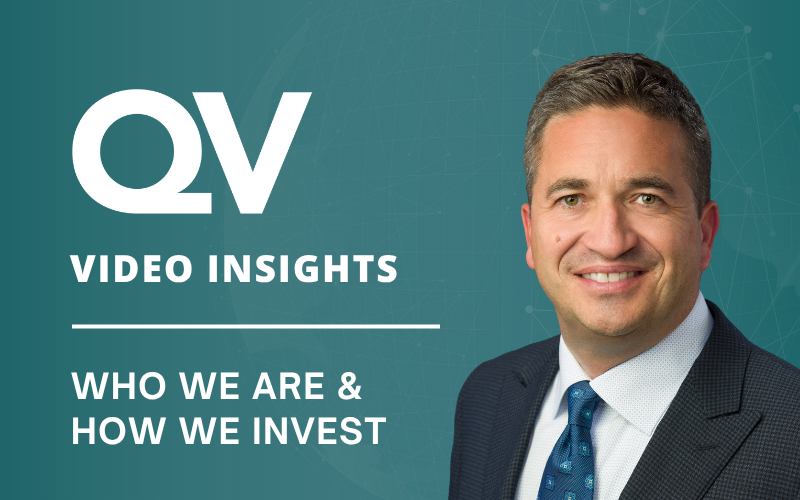This week the European Central Bank (ECB) began purchasing euro-denominated corporate bonds within its €80 billion per month asset purchase program. The inclusion of corporate paper is a new action taken by the ECB in an effort to stimulate growth and inflation in the Eurozone. Already in the first few days of buying, corporate bond yields in Europe have declined in unison. In an otherwise normalized environment, investors should be compensated for the business risk of the underlying issuer. The additional yield a corporate bond pays relative to a government bond should compensate for this credit risk. With central banks distorting the time value of money through unconventional policies, investors can easily be lulled into lax balance sheet standards.
We would caution against such a response. Although low interest rates have significantly reduced the interest expense borrowers pay, investors with a long time horizon should not be abandoning their focus towards credit risk. The mirage created by cheap capital is that borrowers will not have to repay their principal. But in reality, debts come due and need to be repaid. As long term investors, our emphasis on enduring franchises leads us to assess both the ability and willingness of our businesses to service and repay their debts.
We like businesses that hold a strong market position and are able to maintain attractive profit margins throughout a cycle. We track a firm’s level of indebtedness with various credit metrics, such as net debt/EBITDA or earnings interest coverage. But in assessing an issuer’s capacity to pay, no metric compares to a firm’s ability to generate free cash flow. We define free cash flow (FCF) as operating cash flow net of expenditures required to sustain and grow a business. Any excess cash generated net of capital expenditures is essentially gravy. Our experience has been that firms that generate positive FCF are consistently able to manage balance sheet risk easier. Those that can self- finance themselves are not forced to rely on external capital to operate their businesses. This independence goes a long way.
However, the ability to service debt without the willingness to do so is impractical. Both need to be working in tandem. The willingness assessment is more qualitative in nature and highlights management’s historical record as well as their dedication in maintaining a healthy balance sheet. Teams that are aggressively deploying leverage are viewed with caution, but ones that are prudent and committed to achieving sustainable long term growth are the ones we prefer.
We had the opportunity to sit down with BCE Inc.’s Chief Financial Officer Glen Leblanc this week for a company update. BCE is one of Canada’s largest telecommunication companies and an issuer of bonds held in our fixed income strategies. Glen was candid in our discussions on BCE’s strategy and dedication to preserving balance sheet strength. Management’s past actions of taking a balanced capital approach over time supports this commitment. Rare and attractive acquisition opportunities in Canada resulted in BCE operating above its leverage target of 1.75x to 2.25x net debt/EBITDA for a few years. That said, the company’s willingness to deleverage comes through in management’s commitment to engage in share repurchases until the leverage target is achieved. Upholding debt reduction as one of its top priorities for FCF usage is appreciated and speaks well to the company’s financial policy. We estimate BCE can comfortably reach its mark within a couple of years given its high level of free cash flow generation. We view it as a stable credit, but remain cautious towards the capital intensity and competitive forces that may limit earnings growth in the telecom industry.
We have been caught before and past mistakes have taught us to err on the side of caution. Sticking to strong credits that are both able and willing to preserve strength should help us realize the value in our franchises over time.




